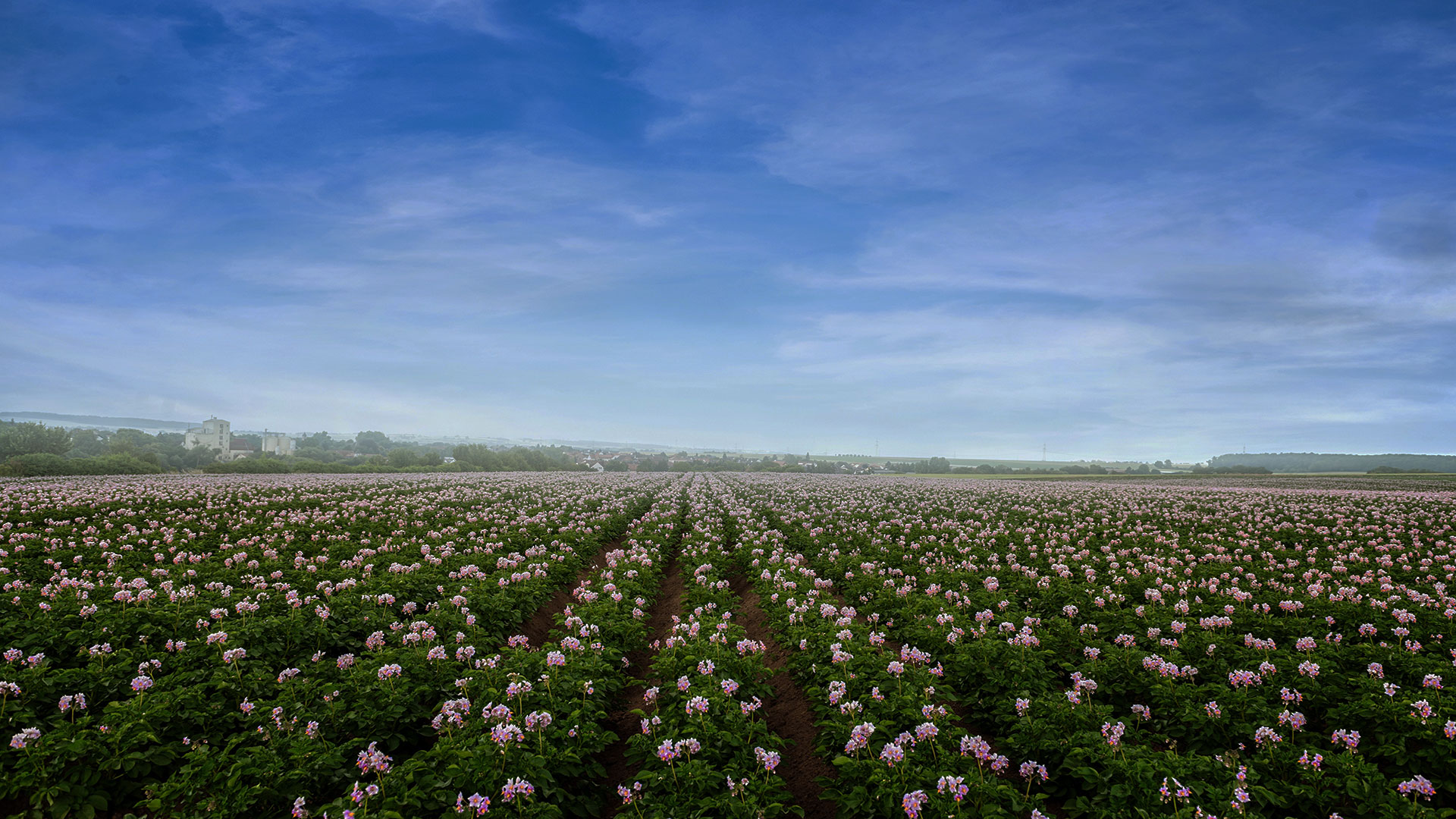A few centuries ago the world was largely dominated by farmers. Back then, 90% of the world’s population practiced what was mainly subsistent farming, providing food and selling crop for their needs as well as for their family. Today, however, that story has changed – only 2% of the world’s population produce and fulfill the planets ever-growing appetite for agricultural produce. Mechanised farming leads the way, and worldwide science continues to radically improve agricultural productivity and efficiency.
While advancement in both science and technology have no doubt encouraged radical breakthroughs in the agricultural sector, there’s no arguing that a lot is still to come. In
this article, we consider emerging scientific innovations currently paving the way towards improved agricultural efficiency and productivity.
Identifying the threat before it takes control
One problem farmers of today, like their ancient counterparts, have to contend with is crop pest and diseases. Alone, diseases, specifically those brought on by soil pathogens cause economic losses that amount to over 1.7 billion pounds in the UK. If that figure sounds alarming, then consider the fact that on a global scale, crop diseases inflict a staggering 412 billion pounds of losses every year. All this is aside from the indirect but still marked effect these diseases have on the environment and agricultural sustainability at large. The good news is that strategies have greatly improved to combat these issues compared to what was done in the past. Today’s disease management practices adopt a more proactive approach where growers aim to identify and terminate disease-causing agents before they infect crop plants.
This renewed approach as perfected by startups like FungiAlert leverages advancements in the field of soil, water and substrate analysis to identify and precisely target harmful pathogenic material in the soil, water or substrates used to cultivate plant crops. The benefits are more than astonishing. Aside from equipping farmers with the invaluable knowledge to curtail and eventually stop the spread of diseases, systemic approaches to curbing plant diseases like those developed by FunigAlert stop these diseases even before they affect farmers’ crops. In doing so they put an end to the somewhat customary loss (both economic and social) that occur
cyclically before crop diseases are visble to the eye — a classic tale of a stitch in time saves nine.
Encouraging sustainable farming
Sustainable agriculture, however, goes beyond merely targeting and neutralising disease-causing pathogens. In today’s rapidly evolving agricultural sector, the sustainable farmer is the one with an agile, productive and highly scalable strategy to boost crop yield and perhaps more
importantly, ensure that this can be sustained indefinitely. Science and technology provide a means for farmers to develop an actionable roadmap fortified with industry best practices for maximising productivity.
In the field of soil science, improvements in the analysis of soil, water and substrate has led to invaluable insights, that are rapidly improving agricultural productivity. They not only act as a guide for mapping out agricultural practices that drive sustainability but also equip farmers to predict the best possible trajectory for maximising production, efficiency, and profits. As an example, FungiAlert helps growers assess the overall health of their farmland/growing systems, in addition to providing an understanding of the effectiveness of certain chemical/biochemical products on the microbial ecosystem of the soil. Together these metrics serve as a base point for developing disease control mechanisms and improving crop yield. They can also be used to determine optimal harvesting times and post-harvest storage, all of which again, increases the sector’s push towards sustainability. What we’re now seeing within the agricultural sector are the initial, yet transitional steps, towards a heightened state of productivity and efficiency. For the 21st century farmer, integrating these science-oriented technologies of the future is a must especially considering that compared to traditional methods these solutions are inarguably more cost-efficient and environmentally friendly. Expect a redefined state of global agricultural sustainability and self-sufficiency if and when sustained adoption of these technologies by all classes of farmers becomes a reality.
By Angela de Manzanos
CTO FungiAler


